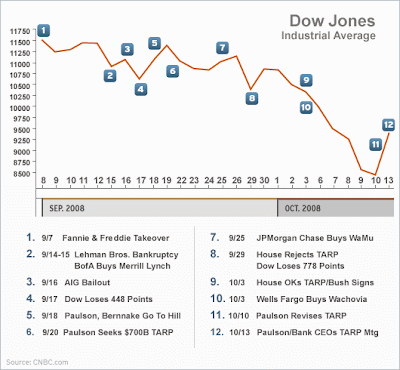a road map to which commodities might stage major rally's in the next 30+ years due to constrained supply

.jpg)
.jpg)

.jpg)
.jpg)
.jpg)
.jpg)
.jpg)
.jpg)
.jpg)
.jpg)
.jpg)
.jpg)
.jpg)
.jpg)
.jpg)

LAWS ABSOLUTE.He also had some Conditional Rules as well, i have just highlighted one which i find important:
1. Never Overtrade. To take an interest larger than the capital justifies is to invite disaster. With such an interest a fluctuation in the market unnerves the operator, and his judgment becomes worthless.
2. Never "Double Up"; that is, never completely and at once reverse a position. Being "long," for instance, do not "sell out" and go as much "short." This may occasionally succeed, but is very hazardous, for should the market begin again to advance, the mind reverts to its original opinion and the speculator "covers up" and "goes long" again. Should this last change be wrong, complete demoralization ensues. The change in the original position should have been made mod- erately, cautiously, thus keeping the judgment clear and preserving the balance of the mind.
3. "Run Quickly," or not at all; that is to say, act promptly at the first approach of danger, but failing to do this until others see the danger, hold on or close out part of the "interest."
4. Another rule is, when doubtful, reduce the amount of the interest; for either the mind is not satisfied with the position taken, or the interest is too large for
safety. One man told another that he could not sleep on account of his position in the market; his friend judiciously and laconically replied: "Sell down to a sleeping point."
3. In all ordinary circumstances our advice would be to buy at once an amount that is within the proper limits of capital, etc., "selling out" at a loss or profit, according to judgment. The rule is to stop losses and let profits run. If small profits are taken, then small losses must be taken. Not to have the courage to accept a loss, and to be too eager to take a profit, is fatal. It is the ruin of many.



.jpg)
.jpg)








Buffett: Debt Mountain Could Turn America Into A Banana Republic (BRK)
Joe Weisenthal|Aug. 19, 2009, 6:48 AM|38
PrintTags: Economy, Economy, Debt, Money, Federal Reserve, U.S. Government, Warren Buffett
Berkshire Hathaway CEO Warren Buffett, a supporter of Barack Obama and an indirect beneficiary of the bailouts, writes in a NYT op-ed to warn about the crushing mountain of debt the US government is now building up.
After laying out the staggering numbers, he concludes thusly:
I want to emphasize that there is nothing evil or destructive in an increase in debt that is proportional to an increase in income or assets. As the resources of individuals, corporations and countries grow, each can handle more debt. The United States remains by far the most prosperous country on earth, and its debt-carrying capacity will grow in the future just as it has in the past.
But it was a wise man who said, “All I want to know is where I’m going to die so I’ll never go there.” We don’t want our country to evolve into the banana-republic economy described by Keynes.
Our immediate problem is to get our country back on its feet and flourishing — “whatever it takes” still makes sense. Once recovery is gained, however, Congress must end the rise in the debt-to-G.D.P. ratio and keep our growth in obligations in line with our growth in resources.
Unchecked carbon emissions will likely cause icebergs to melt. Unchecked greenback emissions will certainly cause the purchasing power of currency to melt. The dollar’s destiny lies with Congress.